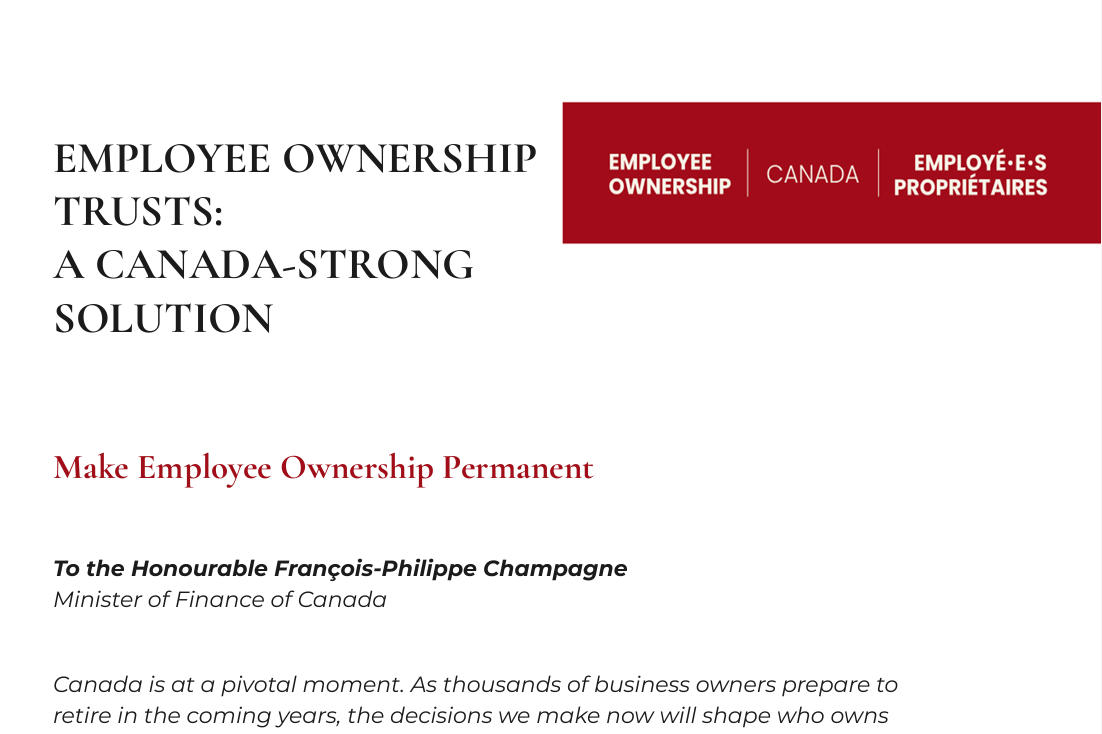What kind of economy do we want for Canada—one that prioritizes growth and productivity, at any cost, or one that focuses on greater shared prosperity? As technology disrupts industries and global forces reshape our economic landscape, tough choices lie ahead. On April 5, 2025, this keynote panel at DemocracyXchange 2025 brought together diverse perspectives to debate the trade-offs, possibilities and bold ideas shaping Canada’s economic future.
Panelists
Claire Trottier
Patriotic Millionaires Canada
Matthew Mendelsohn
Social Capital Partners
Daniel Debow
Build Canada
Moderator
Murad Hemmadi
The Logic
Share with a friend
Related reading
From Guidelines to Action: Feedback on the Proposed Merger Enforcement Guidelines
The Competition Bureau's proposed Merger Enforcement Guidelines represent meaningful progress against trends towards corporate consolidation in Canada. In our formal feedback submission to the bureau, Social Capital Partners outlines that we strongly support the new guidelines. However, we believe that the operationalization of these guidelines will be the real test of their impact. Guidance documents shape expectations, but enforcement outcomes shape behaviour. Serial acquirers are sophisticated actors who model regulatory risk into their strategies. To succeed, the bureau must demonstrate visible capacity to track, analyze and challenge roll-up patterns that are driving up prices and sacrificing quality and service in key sectors.
A youth employment supplement could rebalance Canada’s generational divide | Policy Options
Canada is overdue for a broader debate on intergenerational fairness and how our taxes and benefits support—and exclude—different age groups. As Kiran Gill and Matthew Mendelsohn explain in Policy Options, we continue to live with programs designed by baby boomers to provide security to seniors, even if those seniors are well off. Meanwhile, young adults in our country face challenges entering the labour market, securing stable employment and saving to build some measure of economic security in the face of rising costs. They propose a policy designed to make the economy work for younger Canadians—a youth supplement to the existing Canada Workers Benefit. This youth employment supplement—aptly coined a YES!—could help rebuild financial security and allow younger adults to buy homes, finance education for themselves or their children and save for the future.
Sign the open letter | Make the Employee Ownership Trust incentive permanent
Employee Ownership Trusts (EOTs) offer a practical succession pathway that keeps businesses Canadian-owned, empowers employees to share in the value they help create and supports long-term investment in our communities. With the right policy support, employee ownership can be a strong, proven path forward for Canada’s economy. If this is something you support too, you are invited to read and sign Employee Ownership Canada’s national open letter.


